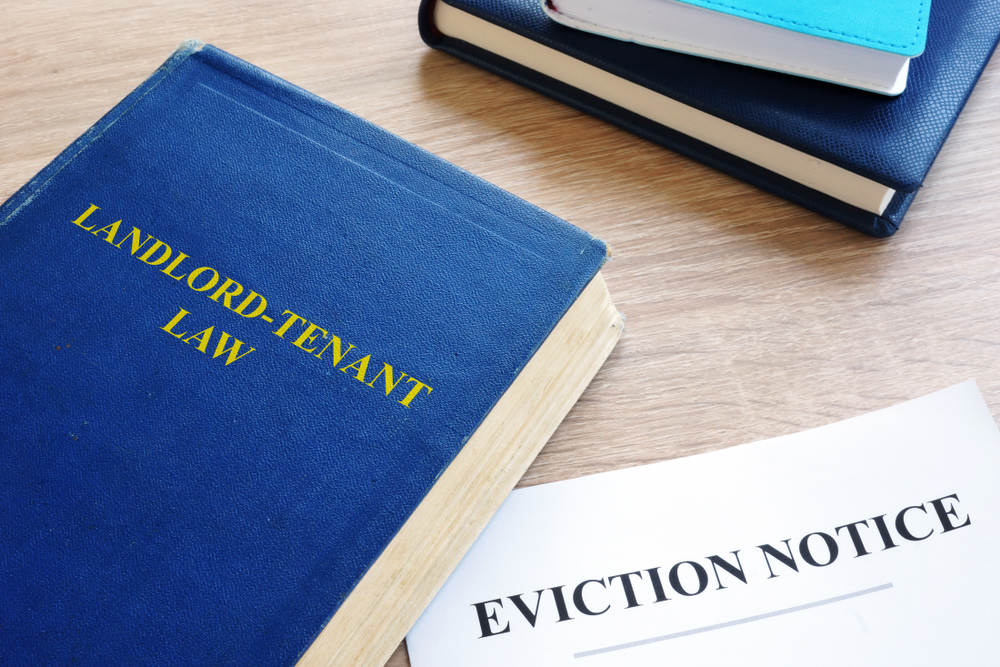One of the most difficult duties that landlords have involves evicting tenants. Evictions can occur for various reasons, including failure to pay rent, illegal activity, and destruction of property, among others.
When you must evict a tenant, following Texas law is crucial. The first step in evicting someone is the notice to vacate, commonly known as the eviction letter. Without an eviction letter, you cannot start the process.
Elements of an Eviction Letter
Serving an eviction letter can feel daunting. Yet you must include specific elements required by the state to ensure the legality of the eviction process.
Traditionally, landlords send eviction notices via certified mail. Still, you can do so by other means, including having an agent of an eviction lawyer personally serve the notice on your behalf. Your document must have the following to ensure its legality.
Every eviction letter must have the following:
- Tenant names
- Property address
- Status and date of the lease
- Date of the letter
- Date when the tenant must vacate
- Reason for the eviction
- Proof of service or delivery of notice
The letter’s date and the date to vacate are crucial. Unless your condo law lease agreement says otherwise, you must give your tenant at least three days to move out.
Additionally, the federal CARES Act requires landlords, in some circumstances, to give tenants a 30-day eviction notice when the property is part of certain federal programs or if your property has a federally-backed mortgage.
Failure to follow Texas and federal laws can come back to haunt you, necessitating the correctness of the letter’s contents. Make sure that the language in the letter is clear and that you state the consequences if the tenant does not heed the eviction notice.
Types of Evictions
Landlords can service eviction notices with cause or without cause. You can serve a notice with cause after receiving evidence that your tenant has somehow violated the lease agreement.
With the aid of an eviction lawyer, many landlords give tenants a warning notice outlining lease violations or late rent payments before the formal eviction notice. These documents are curable notices as they give tenants a way to remedy any infractions to prevent eviction.
If your tenant ignores the notice, the eviction notice becomes incurable, meaning remediation is impossible, and vacating the premises must occur.
Evictions with cause can occur in the following circumstances:
- Violation of a significant lease or rental agreement clause
- Multiple late or missing rent payments
- Severe damage
- The tenant engaged in illegal activity on the premises, including drug dealing, violating zoning restrictions, etc.
Sending an eviction notice letter without cause means the tenant must vacate the property without any specific cause or fault. This situation is common in short-term or monthly leases.
Evictions without cause usually have a minimum 30-day time frame.
The Eviction Process
Once you have written your eviction letter, your Dallas eviction lawyer can file it in court to begin formal eviction. After filing the letter, an eviction hearing will take place a minimum of ten days after filing.
Once the court has issued a judgment, no further action can occur for five days, giving time for appeals. The process can become complicated if your tenant challenges the eviction in court. Having a Dallas eviction lawyer as your advocate can make the process easier and help you with anything the court may require, such as revisiting possible payment plans or anything else a judge may deem necessary.
Manning & Meyers Can Help With Tenant Problems
The legal experts at Manning & Meyers can help landlords with all tenant issues, including rental agreement terms and much more. We can also provide clients with Dallas HOA lawyer services for single-family and multiple-family developments. Contact our office today to schedule your consultation.


